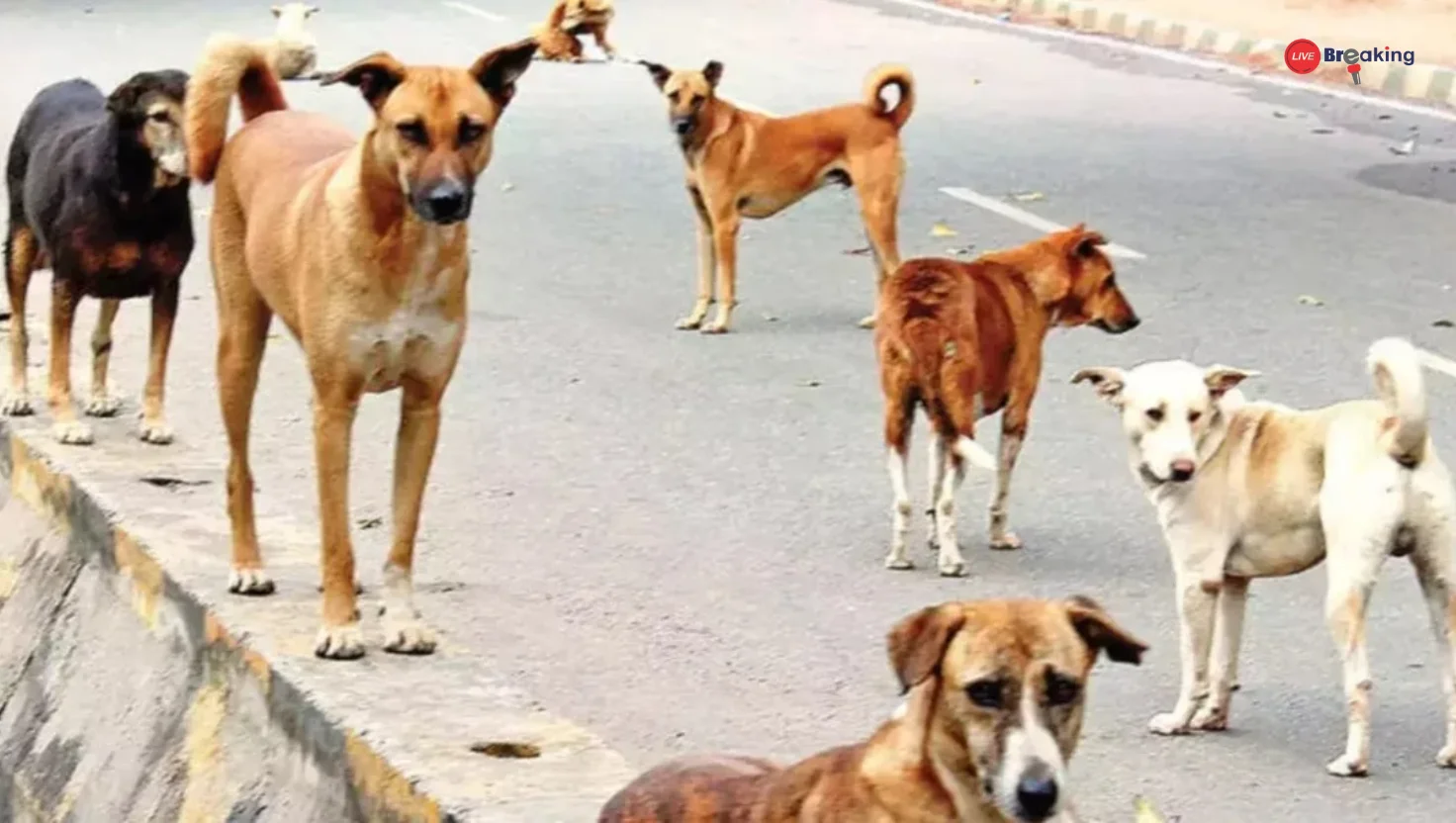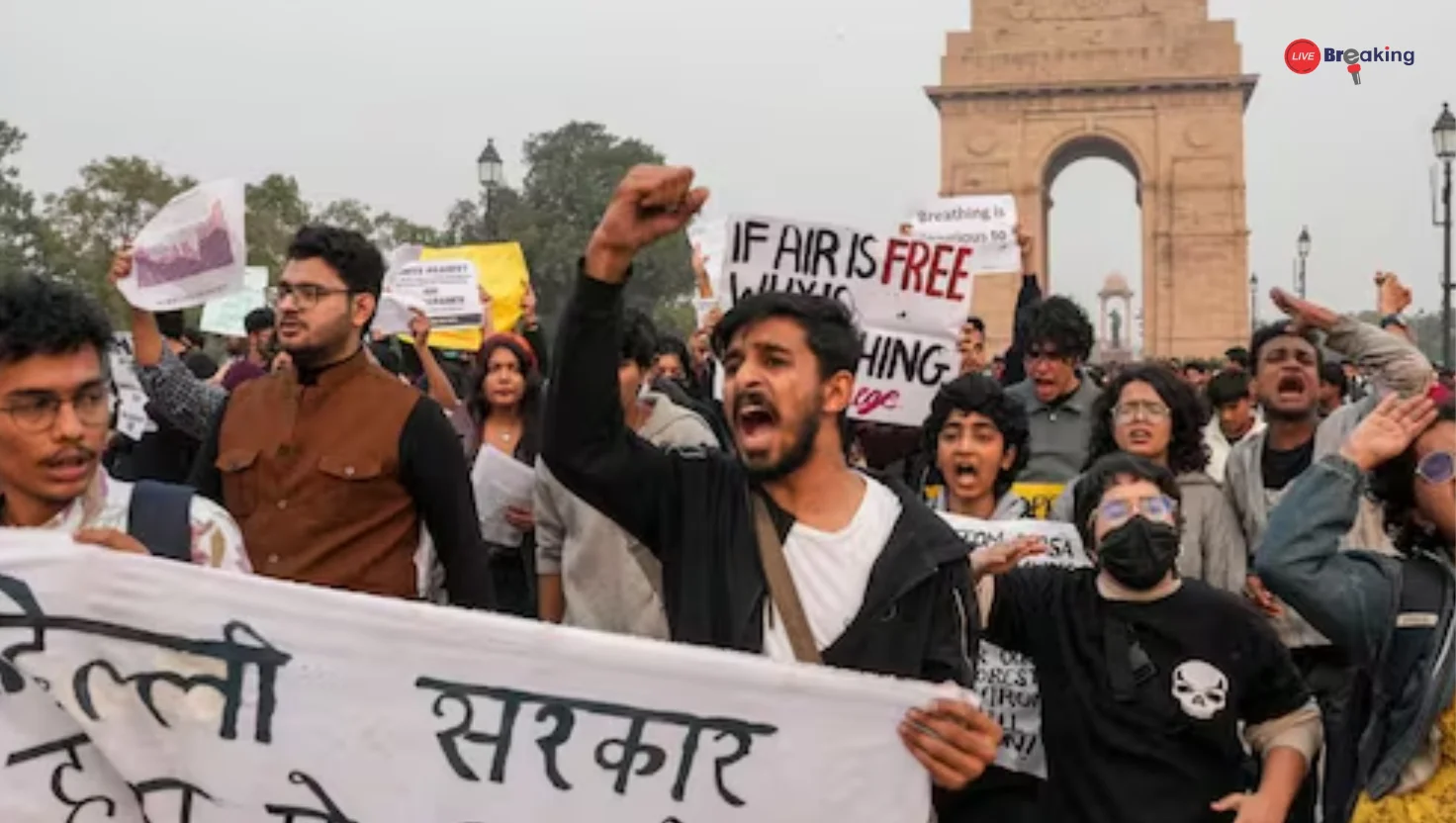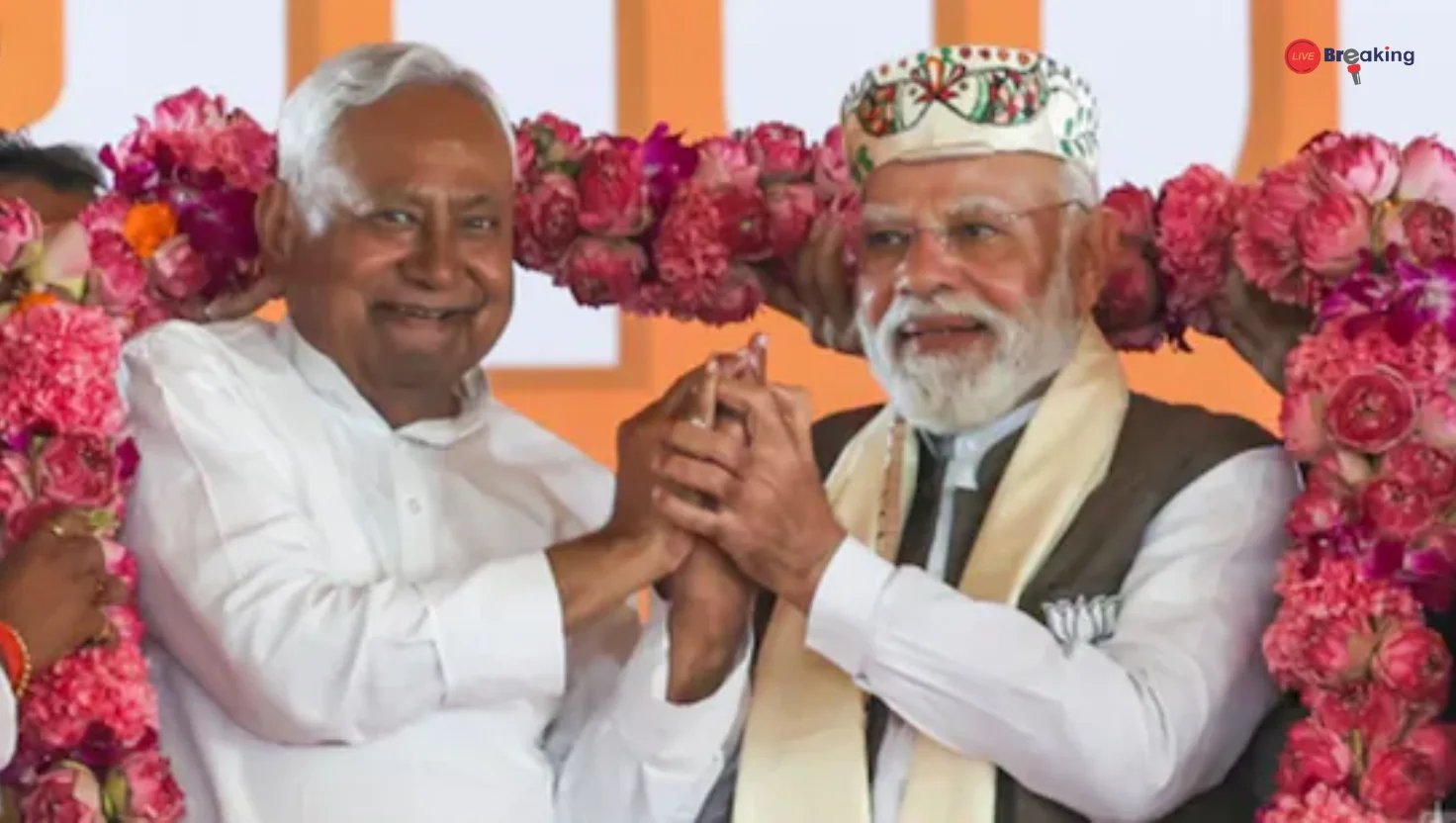Will Go to Jail If Needed: Politician’s Shocking Confession on Dog Killings
A senior political leader from Karnataka has sparked a wave of outrage and condemnation after publicly admitting to killing 2,800 stray dogs, adding that he was prepared to face imprisonment for his actions if necessary. The statement, delivered during a local event, has stirred intense debate over animal rights, public safety, and political accountability.
The leader, addressing a gathering in his constituency, claimed that the mass killing of stray dogs was carried out as a “necessary step” to address rising incidents of dog bites and attacks in the region. In his speech, he appeared unapologetic, declaring that the safety of residents outweighed any legal consequences he might face. “If my actions mean I have to go to jail, I will go,” he reportedly said, drawing both shock and applause from sections of the crowd.
Public Outcry and Animal Rights Backlash
The confession has ignited strong reactions across the state and beyond. Animal rights activists, NGOs, and concerned citizens have condemned the killings, calling them “barbaric” and a blatant violation of laws protecting animal welfare. Many have taken to social media to demand immediate legal action, accusing the leader of setting a dangerous precedent by endorsing violence against animals.
Protests have erupted in several cities, with demonstrators carrying placards reading “Justice for Strays” and “Cruelty Is Not a Solution.” Leaders from animal welfare organisations have pointed out that the Prevention of Cruelty to Animals Act explicitly prohibits the killing of healthy stray dogs, and violators can face fines and imprisonment.
Legal Scrutiny Intensifies
Following the uproar, legal experts have weighed in, stating that such actions, if proven, could result in criminal charges under multiple sections of the Indian Penal Code, as well as animal protection laws. Local authorities are now under pressure to investigate the leader’s claims and take action if there is evidence of wrongdoing.
The Karnataka State Animal Welfare Board has reportedly sought details about the alleged killings and called for a fact-finding inquiry. Activists have also urged the state government to ensure that no official machinery or resources were misused in carrying out the mass culling.
The Stray Dog Debate in India
The controversy has once again brought India’s stray dog issue into the spotlight. Karnataka, like many other states, has witnessed a rise in stray dog populations, leading to public safety concerns. Reports of dog attacks, particularly involving children, have fuelled heated discussions on how to manage the problem.
While some citizens sympathise with the politician’s “public safety first” stance, experts argue that indiscriminate killings are not only illegal but also ineffective. Animal behaviourists and veterinarians stress that the humane approach involves sterilisation, vaccination, and community awareness programs, which address both population control and the risk of rabies.
Political Reactions
Opposition parties have seized on the controversy, accusing the leader’s party of endorsing lawlessness and animal cruelty. Some have called for his resignation, arguing that his public admission tarnishes the state’s image and undermines the rule of law.
Within the leader’s own party, responses have been mixed. While a few members have quietly backed his reasoning, others have distanced themselves from his remarks, wary of the political and legal fallout. Party spokespersons have so far maintained that they will “look into the matter” before issuing a formal position.
Activists Demand Policy Reforms
In the wake of the statement, animal welfare groups are pushing for stronger enforcement of existing animal protection laws and the introduction of stricter penalties for those found guilty of cruelty. They are also urging governments at both state and national levels to invest in large-scale sterilisation drives, rabies vaccination programs, and public education campaigns.
Some activists have suggested forming rapid-response teams to handle aggressive stray dog cases humanely, ensuring both public safety and animal welfare are protected.
A Deepening Divide
The episode has polarised public opinion. On one side are those who view the killings as a drastic but necessary step to curb a public health and safety hazard. On the other are those who see it as an indefensible act of cruelty that undermines humane governance and respect for life.
What remains clear is that the incident has forced an urgent conversation about how India manages its stray dog population. Whether the focus shifts toward humane, legal solutions—or continues to be mired in violent and unlawful approaches—will depend largely on the political and public will to address the issue constructively.
Conclusion
The Karnataka leader’s startling admission has brought to light not only the deep divide in public opinion over stray dog management but also the urgent need for lawful, humane, and effective solutions. As legal proceedings and public debates unfold, the incident serves as a stark reminder that public safety and compassion for animals need not be mutually exclusive—provided leaders choose the path of responsibility over rhetoric.












